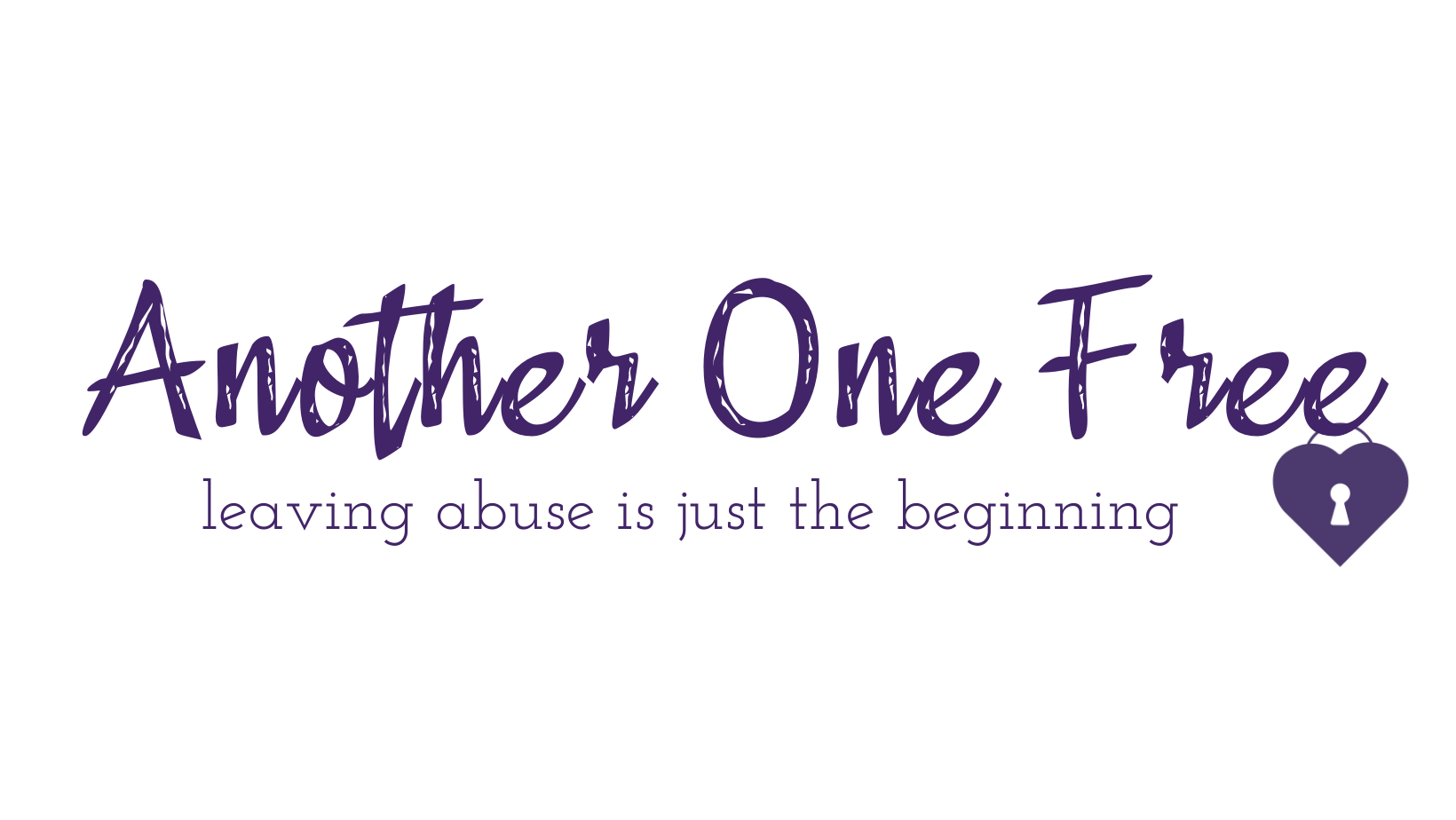It’s one of the hardest things a family can face, watching someone you love stay in a relationship that’s slowly breaking them down. You see the tension, the control, the way they seem smaller than they used to be. Wishing you could shake them awake. Feeling helpless because you want to rescue them. You may want to stay away because being near the abuser makes your stomach turn.
But here’s the truth that’s both painful and important: your presence still matters, more than you can see right now.
You’re Not Showing Up for Him — You’re Showing Up for Her (and the Kids)
My mom told me she visited our home for me and for the kids. Not for him. For us. She showed up, even when it was uncomfortable, and it was uncomfortable, even when he was cruel to her.
Some of my other family members didn’t come. They said they stayed away to protect me, thinking that being around him might make things harder for me. But what I heard in that choice was something else: their dislike for him was stronger than their love for me. Even now, that still stings.
That’s why showing up, even awkwardly, even rarely, matters to her, even though she may not show it yet. And it is hard on her after you’re gone or on the way home from a family gathering. If he doesn’t spoil the day, he will make the days before and after a living hell.
When a woman is in an abusive relationship, her world is being systematically narrowed. He’s working to isolate her, to convince her that her family doesn’t care, that she has nowhere safe to go back to. He will use every missed call, every canceled visit, every absence as proof that he’s right.
Your presence interrupts that lie.
Why Isolation Is So Dangerous?
Abuse thrives in silence and separation. Many victims don’t even recognize what’s happening to them because the emotional manipulation is so subtle, it’s a slow erosion of confidence, trust, and belonging. When family pulls away, it confirms everything the abuser says about them: “They never liked me. They don’t respect you. You’re better off without them.”
Though there is a fine line you’re walking. No one should put up with someone’s toxic behavior, knowing how and when to respond to them is hard to know. Do you speak privately or in front of everyone? There is no right or wrong answer. With abusers, you’ll be wrong no matter what you do or don’t do.
And yet by continuing to show up with kindness, calmness, and quiet strength, you may keep a small door open. One day, she’ll need that door.
What “Showing Up” Can Look Like
It might mean attending a family gathering even if he’s there and being cordial for her sake. It might mean texting her, “Thinking of you — love you,” without adding advice or pressure. It might mean sending a card or small gift that says, “You’re not forgotten.”
She may not respond right away. She will defend him; it’s what he conditioned her to do. Don’t let that silence or denial discourage you. You’re not trying to convince her to leave; you’re simply reminding her that she still has people who love her unconditionally.
Because one day, when she’s ready, she’ll need to know where to turn.
Educate Yourself — It Will Help You Help Her
Learn what you can about the dynamics of abuse. Understanding what she’s experiencing will help you know how to pray for her, how to speak to her, and how to avoid accidentally making things worse.
- Books:
- Hope for Healing from Domestic Abuse—Karen DeArmond Gardner
- Healing from Hidden Abuse—Shannon Thomas
- Is It Me?—Natalie Hoffman
- Podcasts & Resources:
- Another One Free on Facebook posts domestic abuse and reflections that help explain what life is like behind closed doors.
- Check out the Resource tab above for Podcasts, Books, and other Social Media pages to follow.
Keep the Door Open
One of the deepest wounds survivors’ carry is believing no one would have come for them. I didn’t know I could or should call my brother and that he would have come. I didn’t know I had a way out.
Your loved one might not know that either — yet.
So, stay near, as hard as it is. Send love. Pray. Keep the porch light on.
Someday, she might finally need to come home. And when she does, she needs to know you never closed the door.

